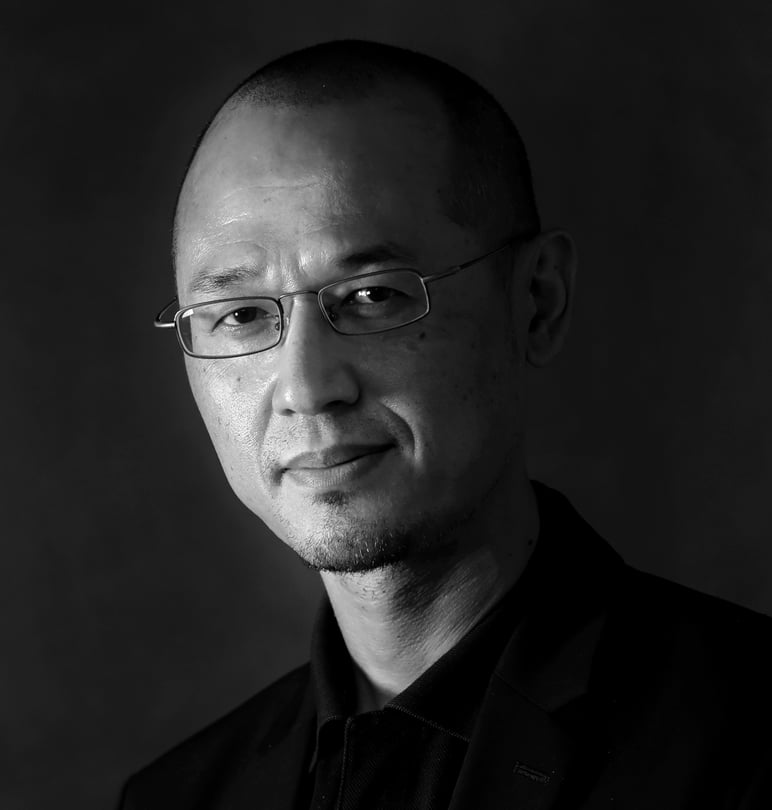
Warning: Hong Kong risks return to bad old days of corruption if ICAC’s wounds are allowed to fester
Yonden Lhatoo is deeply troubled by the managerial drama and politicisation of the city’s celebrated anti-corruption agency
It wasn’t so long ago that corruption was a way of life in Hong Kong.
In the bad old days of the 1960s and early 1970s, ambulance crews extorted “tea money” from hapless citizens to take sick or injured people to hospital, as did nursing staff for a glass of water or a bedpan for a patient.
If your home caught fire, you had to pay firefighters to turn up in the first place and then grease their palms again to turn off the water after they were done.
The police force was so corrupt that it ran protection rackets like a crime syndicate, and a visit to your local police station could be likened to a dentist’s appointment in a den of dacoits.
Everything changed when the Independent Commission Against Corruption was formed in 1974 with a sweeping mandate to clean up the public sector. It ended up transforming Hong Kong into one of the cleanest cities in the world.
The reputation we enjoy today as a corruption-free society is thanks to the ICAC, backed by an outstanding police force and super-clean civil service.
Not only that, the ICAC is held up as a model for the world to emulate. It hosts thousands of visitors every year from countries and jurisdictions across the globe seeking to learn its winning ways.
So what the heck is going on at the ICAC these days?

First, we had the removal of a top investigator, the first woman to head the ICAC’s powerful and all-important investigative arm, from her post. Rebecca Li Bo-lan’s exit was fodder for intense media speculation, which the agency fuelled with its customary stony silence followed by a belated explanation that it was only an “administrative” move.
It didn’t help that Li was a decorated graft-buster with a reputation for taking no prisoners, and some questioned whether she was pressured to go easy with an ongoing investigation into Chief Executive Leung Chun-ying’s past business dealings.
Then came the announcement that the man who was to replace her, Ricky Yau Shu-chun, didn’t want the job either, followed by another statement a couple of hours later that he had changed his mind and would stay on after all, in the face of “profound wishes” by his colleagues that he remain.
Adding to this mummer’s farce was a seemingly trifle but hugely telling interlude when the graft-buster had to postpone its annual dinner after most staff who had signed up decided to pull out.
And let’s not forget how many politicians over the past few years have repeatedly, often driven by pure speculation and malice, tried to use this once-hallowed pillar of Hong Kong as a cheap tool to attack opponents. This constant chipping away at its foundations was bound to take a damaging toll in a poisonous atmosphere, where anything and everything is politicised.

It goes without saying that Hong Kong needs a strong and ruthless ICAC – now, more than ever – if it doesn’t want to slide back into the bad old days. Otherwise, we can kiss all this prosperity goodbye.
There are so many unanswered questions about the ICAC that are critical to the future of our city. Is the agency really starting to buckle under political pressure? With increasing integration between Hong Kong and mainland China, can the ICAC continue going after anyone at any time without stepping on the wrong toes? And where does it really fit into China’s much bigger anti-corruption drive, if it even fits at all?
Don’t expect the ICAC to provide the answers. One of our reporters chasing up the story had condensed everything into three simple, reasonable questions that were filed to the agency. The answer was classic ICAC-style stonewalling and lack of accountability: “No information. No information. No comment.”
Yonden Lhatoo is a senior editor at the Post

